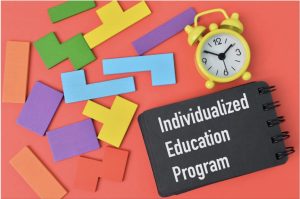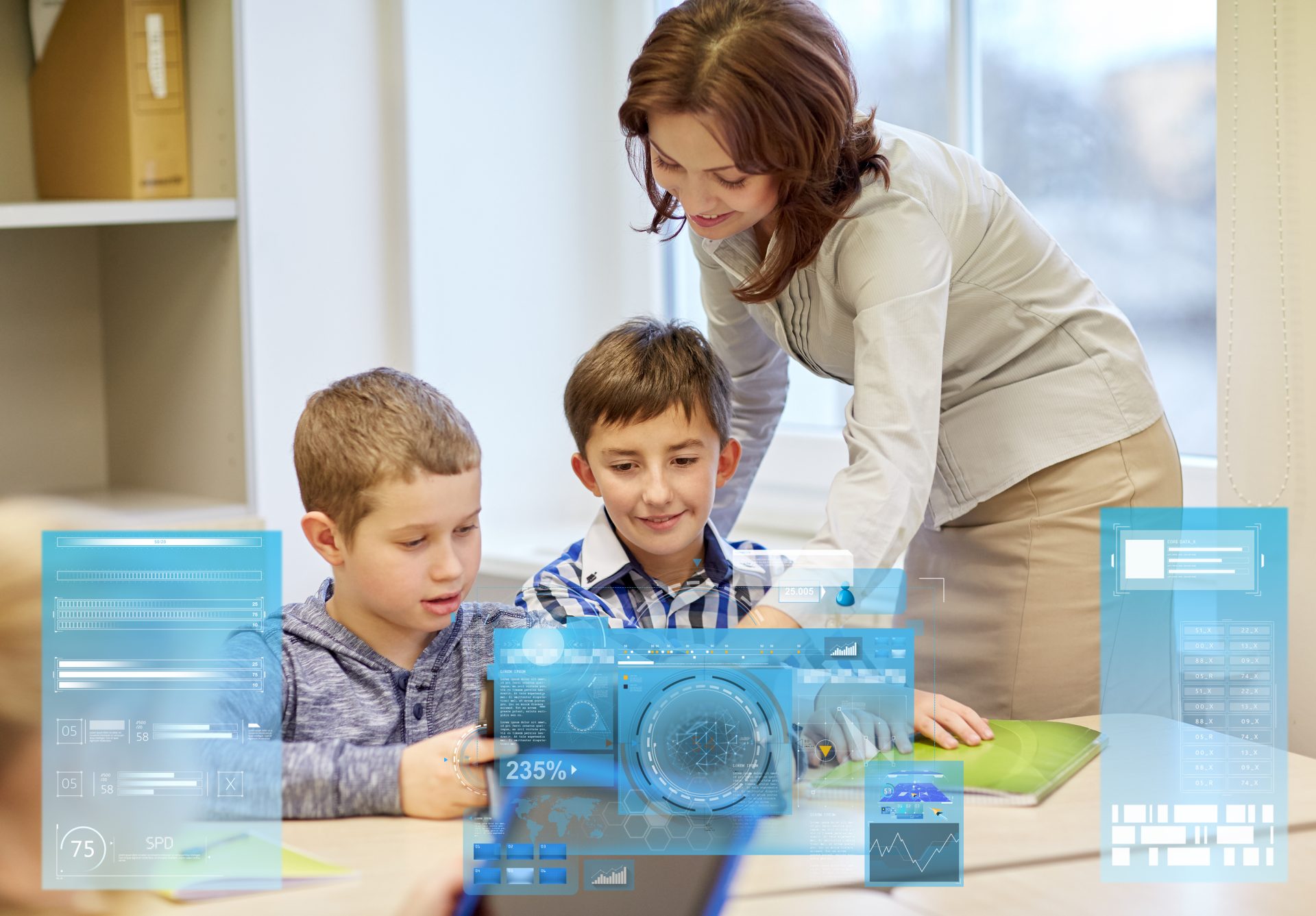Contents
Hundreds of schools shifted to remote learning after COVID-19. This practice continued even after the pandemic, as the world changed, and online education became the new normal. Online elementary school for children has become a frequent choice for parents.

Online elementary school is an educational institution for students in grades K-5, not requiring physical attendance. All learning for students is done online. Students take lessons on the online platform, interact with classmates, and complete homework. Online elementary curriculum is a digital learning plan for grades K-5. This plan helps parents get a closer look at what their child will be studying. We will discuss how the online elementary school curriculum helps parents choose the school.
Why Is Online Elementary School Curriculum Important?

Online elementary school curriculum includes the number of subjects, lessons, and homework assignments students need to complete. The curriculum helps parents understand the quality of education their child receives. Parents use the curriculum to evaluate the following:
- How does it meet educational standards (more details in “The Guide to Online School Curriculum Standards”)?
- The subjects their child will study
- The workload kids will handle
- How do teachers conduct lessons?
Let’s take a look at how parents assess Language Arts as part of the curriculum.. Parents review the curriculum and notice a topic like learning the basics of English grammar. Parents check if these materials are appropriate for their child’s age. They see assessments include verbal and written assignments. Parents decide whether this approach is enough for their child or if more interactive methods are needed. This attention to detail is especially important if the child has special needs.

Legacy Online School: Elementary Curriculum
“We don’t just educate; we empower, inspire, and equip students to navigate the future with confidence and compassion”

Legacy Online School is fully accredited in providing a STEM-focused curriculum. This curriculum brings students success in their future careers.
Legacy Online School won “The Best Homeschool Curriculum, Products & Resources of 2024–25” award. This award shows our online programs provide your child with a high-quality education.
Legacy Online School elementary curriculum includes:
- Core subjects. These subjects include Science, Social Studies, Language Arts, and Mathematics
- Additional subjects such as Technology, Art, Spanish, and Physical Education. Students choose and study these subjects voluntarily
- Teachers use weekly quizzes, verbal assessments, project-based evaluations, and end-of-term exams to assess students’ understanding
Legacy Online School cares about each student’s success and updates its curriculum regularly to align with the latest educational standards.
Advantages of Online Elementary School
Many parents worry online learning has many drawbacks. Research from “Analyzing the Character of Responsibility of Elementary School-Age Children During Online Learning” by Muhammad Akmal Abrori and colleagues showed students demonstrated responsibility during online learning, despite its challenges. Parents prefer online elementary school over traditional options for its advantages. We covered ten key benefits in the article “Advantages of Online Elementary School”.
Conclusion
We explored what an online elementary curriculum is and how it helps parents understand the level of education their kids get. We discussed the curriculum Legacy Online School offers for elementary students. Parents use the curriculum to choose an online elementary school meeting their child’s interests and needs.










